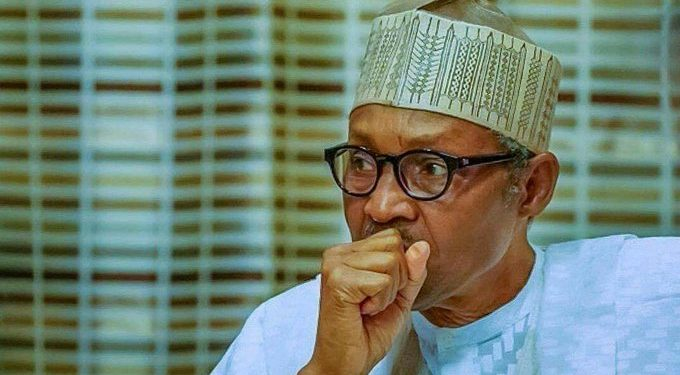Latest projections by the World Bank estimate an additional 20 million Nigerians to be impoverished by 2022, an official of the global agency said Tuesday.
Gloria Joseph-Raji, a senior economist at the Washington-based financial institution, predicts an astronomical surge in Nigeria’s 83 million poverty cycle.
“So, with slower growth and fewer jobs, and then coupled with high inflation, our estimates are that the number of the poor will increase by about 15 to 20 million people by 2022 from the about 83 million people in 2019,” Ms. Joseph-Raji said at a virtual summit monitored by Punch yesterday.
President Muhammadu Buhari has repeatedly assured of his administration’s lofty plans to lift as many Nigerians out of poverty before his second term in office reaches its twilight in 2023.
Vice-President Yemi Osinbajo reiterated Mr. Buhari’s stance late January, at the launch of a social security programme, which he said, was geared towards lifting 20 million Nigerians out of poverty in the next two years.
The World Bank official, however, explained that President Buhari’s ambitious federal policy was not feasible, having been hamstrung by the raging coronavirus pandemic and attendant economic disruptions.
“We actually consider Nigeria right now to be at a critical junction in the sense that the achievement of its development goal of lifting 100 million people out of poverty by 2030 was already challenging even before COVID-19 struck, and then COVID-19 has made this even more challenging and more urgent,” Punch cited the official as saying.
Ms. Joseph-Raji advised President Muhammadu Buhari’s administration to adopt transparent and credible fiscal policies that will bolster the country’s ailing economy rather than stifle it.
Last November, Nigeria slid into its second recession in five years, both during Mr. Buhari’s tenure.
It is worthwhile to note that millions of Nigerians have been plunged into poverty due to controversial policies of the administration, especially its failure to rein in corruption, shore up private sector investments and manipulation of the naira.


































